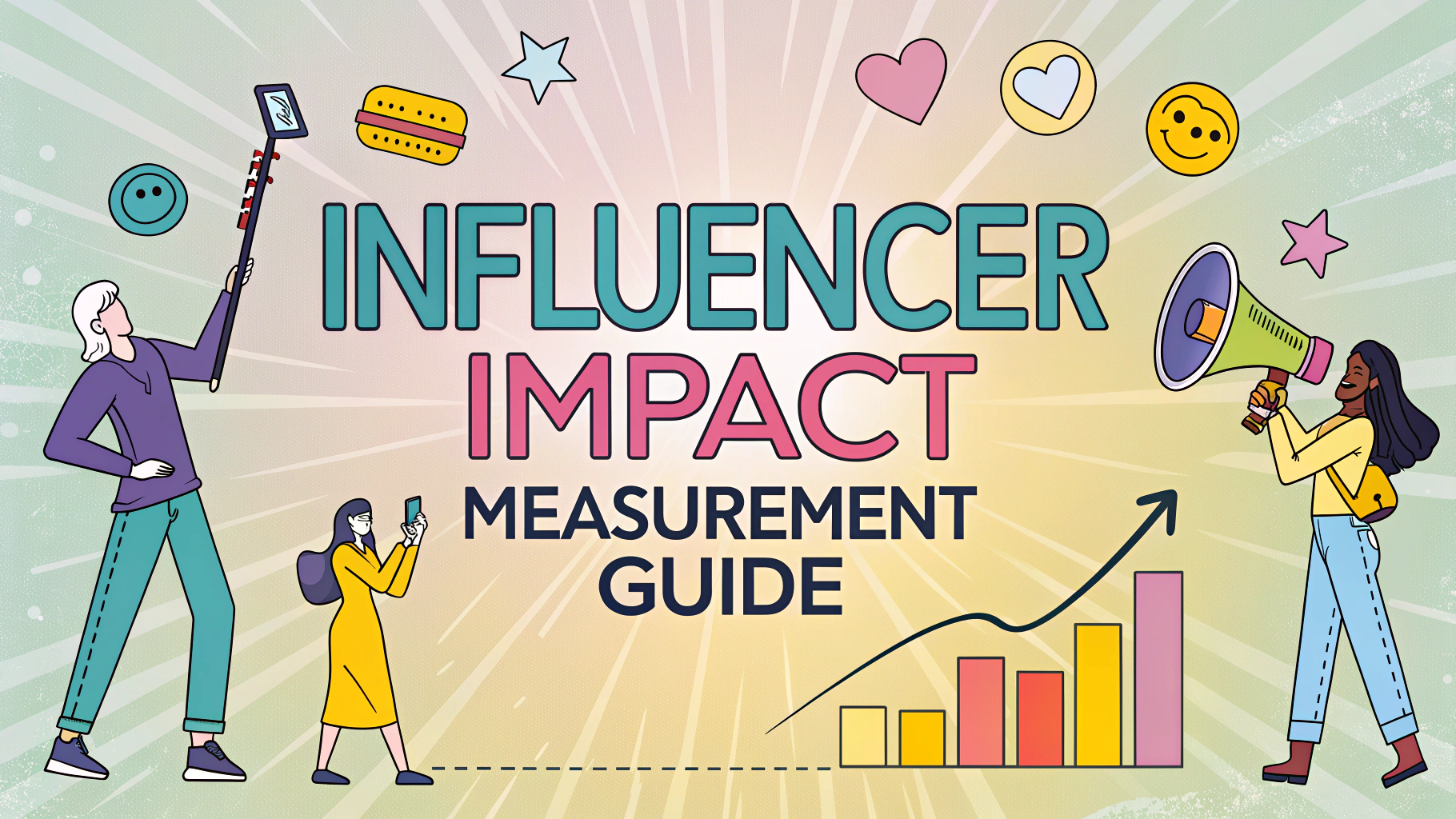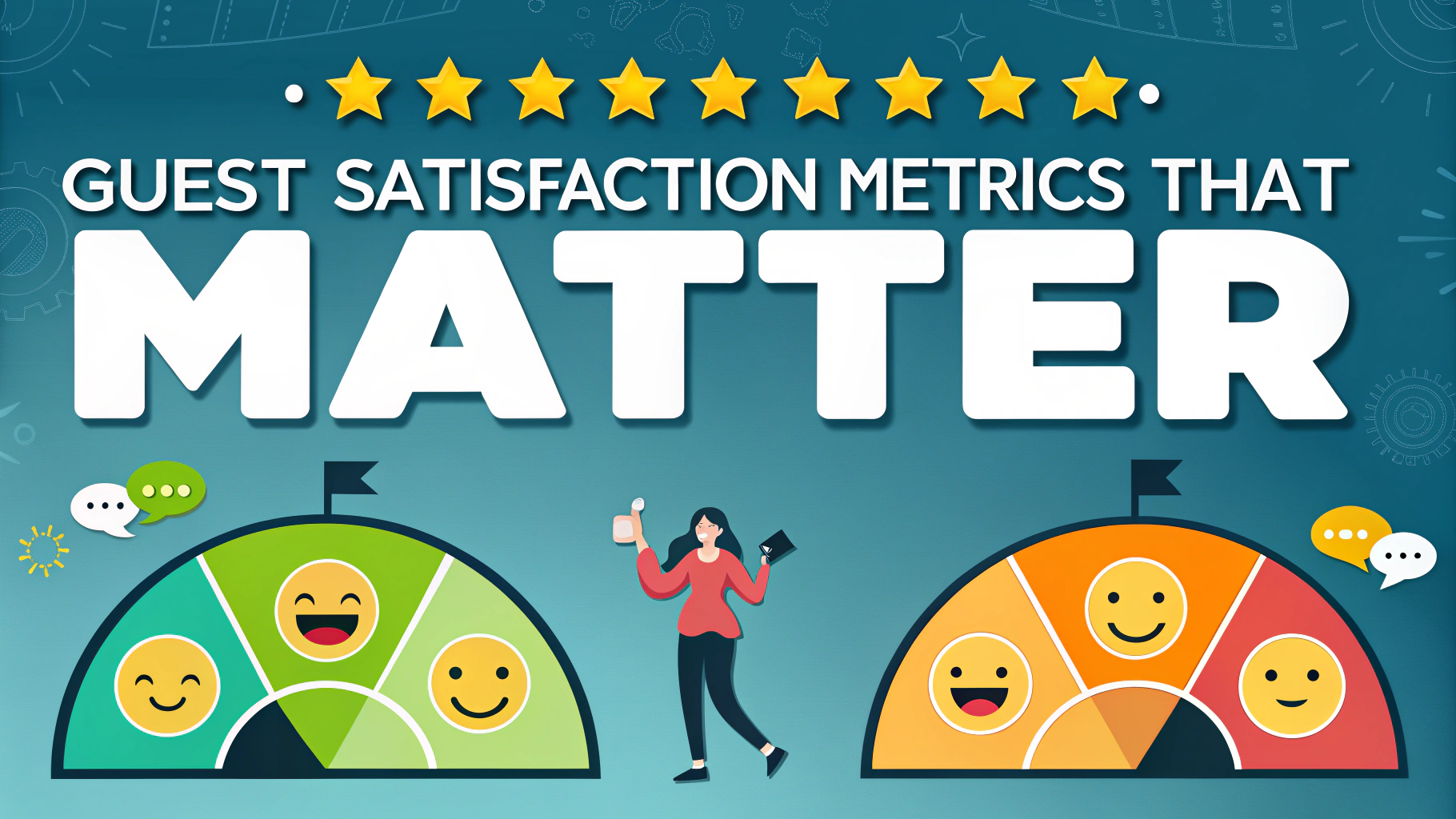Corporate travel represents a significant revenue stream for hotels worldwide, with business travelers accounting for substantial booking volumes and higher average spending compared to leisure guests.
Building an effective B2B marketing strategy requires hotels to understand the unique needs of corporate clients, including flexible booking policies, reliable business amenities, and streamlined payment processes.
This guide explores proven techniques for hotels to attract and retain corporate clients through targeted marketing efforts and relationship building.
Understanding Your Corporate Clients
Different business segments have distinct travel requirements and booking patterns that hotels must recognize to serve them effectively.
- Small and medium enterprises (SMEs)
- Large corporations
- Government agencies
- Event organizers
- Travel management companies (TMCs)
Essential Business Amenities
Hotels must highlight their business-friendly features in marketing materials:
- High-speed WiFi throughout the property
- Meeting rooms with modern AV equipment
- 24/7 business center access
- Express check-in/check-out
- On-site dining options
- Airport shuttle service
Digital Marketing Strategies
Create targeted campaigns across multiple channels:
- LinkedIn advertising for corporate decision-makers
- Email marketing to existing corporate clients
- SEO optimization for business travel keywords
- Professional website with dedicated corporate booking portal
Building Corporate Partnerships
Develop strong relationships with key stakeholders:
- Contact local chambers of commerce
- Partner with nearby conference centers
- Join business travel associations
- Network at industry trade shows
Corporate Rate Structures
Design flexible pricing options that appeal to business clients:
- Volume-based discounts
- Last-room availability rates
- Season-specific corporate rates
- Group booking incentives
Streamlined Booking Process
Implement efficient systems for corporate bookings:
- Direct booking tools for corporate clients
- Integration with major GDS platforms
- Mobile booking capabilities
- Automated billing systems
Measuring Success
Track key performance indicators (KPIs) to evaluate your B2B marketing efforts:
- Corporate booking volume
- Average length of stay
- Revenue per available room (RevPAR)
- Client retention rates
- Corporate feedback scores
Next Steps for Success
Start by auditing your current business facilities and services to identify areas for improvement.
Contact professional hotel marketing agencies specializing in corporate travel to develop a customized strategy.
For more information about corporate travel marketing, reach out to major hotel associations: American Hotel & Lodging Association (AHLA) at www.ahla.com or Hospitality Sales and Marketing Association International (HSMAI) at www.hsmai.org.
Corporate Guest Experience
Enhance the stay experience specifically for business travelers:
- Priority housekeeping services
- 24/7 concierge assistance
- In-room business amenities
- Corporate loyalty programs
- Express laundry services
Technology Integration
Implement modern solutions to meet corporate expectations:
- Mobile room keys
- Smart room controls
- Virtual concierge services
- Automated expense reporting
- Conference booking platforms
Sustainability Initiatives
Address corporate environmental concerns:
- Green meeting facilities
- Energy efficiency programs
- Waste reduction policies
- Sustainable catering options
- Carbon offset partnerships
Elevating Your Corporate Strategy
Success in the corporate travel market requires continuous adaptation to changing business needs and technology trends. Hotels must maintain strong relationships with corporate clients while consistently delivering high-quality services and amenities.
Focus on creating a seamless experience from booking to checkout, and regularly gather feedback to refine your offerings. Remember that corporate clients value reliability, efficiency, and professional service above all.
Invest in your staff’s training to ensure they understand corporate clients’ unique requirements and can provide appropriate service levels. With the right strategy and execution, hotels can build a thriving corporate client base that provides steady revenue throughout the year.
FAQs
1. What is corporate travel B2B marketing in the hotel industry?
Corporate travel B2B marketing involves strategies and tactics used by hotels to attract and retain business clients, including corporations, organizations, and travel management companies who book accommodations for their employees and events.
2. How can hotels identify and target corporate travel decision-makers?
Hotels can identify decision-makers through industry databases, LinkedIn, corporate travel associations, travel management companies (TMCs), and by participating in business travel trade shows and networking events.
3. What are the essential amenities corporate travelers expect from hotels?
Corporate travelers typically expect high-speed Wi-Fi, business centers, meeting rooms, express check-in/out, 24-hour room service, fitness facilities, and reliable transportation services.
4. How important are corporate rate agreements in B2B hotel marketing?
Corporate rate agreements are crucial as they establish long-term relationships with businesses, guarantee a steady flow of bookings, and provide competitive advantages through negotiated rates and value-added services.
5. What role do online booking tools play in corporate travel marketing?
Online booking tools are essential for corporate clients as they provide streamlined reservation processes, integration with expense management systems, and compliance with corporate travel policies.
6. How can hotels leverage technology to attract corporate clients?
Hotels can implement corporate booking portals, mobile apps, automated billing systems, virtual tour capabilities, and integrated expense management solutions to appeal to corporate clients.
7. What are the key performance indicators (KPIs) for measuring B2B hotel marketing success?
Important KPIs include corporate booking volume, average length of stay, revenue per corporate client, contract renewal rates, corporate client satisfaction scores, and meeting room utilization rates.
8. How do hotels maintain relationships with corporate clients?
Hotels maintain relationships through dedicated account managers, regular performance reviews, customized reporting, loyalty programs, and by consistently delivering high-quality service and addressing specific corporate needs.
9. What role does sustainability play in corporate travel marketing?
Sustainability is increasingly important as many corporations have environmental policies and prefer hotels with green certifications, eco-friendly practices, and documented sustainability initiatives.
10. How can hotels effectively market their meeting and event spaces to corporate clients?
Hotels can showcase their meeting spaces through virtual tours, detailed capacity charts, flexible packaging options, and by highlighting their technological capabilities and successful past corporate events.







